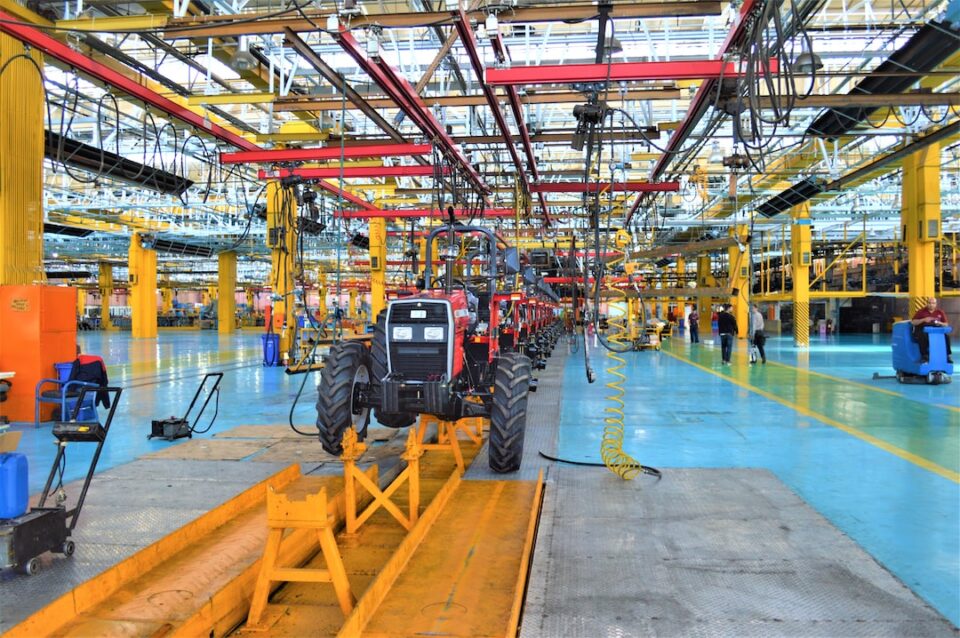The Role of Robotics in Modern Manufacturing
The manufacturing industry has been revolutionized by advancements in robotics. From assembly line operations to complex high-tech processes, robots have become an integral part of modern manufacturing. Their versatility, precision, and efficiency have drastically transformed the way products are made, improving productivity and driving innovation.
One of the major advantages of robotics in manufacturing is increased productivity. Robots can perform repetitive tasks with incredible speed and accuracy, eliminating the margin for error that often occurs with human workers. This not only leads to faster production times but also reduces the incidence of errors, resulting in higher product quality. Robots can work around the clock without breaks, leading to higher output and increased efficiency.
In addition to increased productivity, robotics has also improved safety in manufacturing plants. Dangerous and hazardous tasks that present risks to human workers can be outsourced to robots. They can withstand extreme temperatures, work in environments with harmful chemicals, and handle heavy loads that could be hazardous for people. This significantly reduces the risk of workplace accidents and injuries, making the manufacturing industry a safer place for workers.
Another major benefit of using robots in manufacturing is cost reduction. Although initial setup costs for implementing robotics technology can be high, the long-term savings are substantial. Robots can perform tasks 24/7, eliminating the need for shift workers and reducing labor costs. Moreover, they require minimal maintenance and have a longer operational life, resulting in lower maintenance and equipment replacement costs over time. With advancements in robotics, the cost of implementing this technology is decreasing, making it more accessible to smaller manufacturers as well.
Furthermore, robots have expanded the possibilities of customization in manufacturing. With traditional manufacturing methods, customization was often limited and expensive. However, robots can perform intricate and complex tasks with extreme precision, allowing for greater customization without compromising efficiency. This has led to the rise of personalized products and increased customer satisfaction. Robots can also be easily reprogrammed and reconfigured to adapt to changing manufacturing needs, making them highly flexible and responsive to market demands.
Robotic automation in manufacturing also enables data collection and analysis. Modern robots are equipped with sensors and connected to the Internet of Things (IoT) systems, allowing them to gather real-time data on various parameters such as productivity, quality, and energy consumption. This data can then be analyzed to identify areas of improvement, optimize processes, and make data-driven decisions. This level of data collection and analysis was unimaginable in traditional manufacturing methods and provides valuable insights for optimization and continuous improvement.
Despite the numerous advantages, there are also concerns about the impact of robotics on employment in the manufacturing industry. While it is true that some jobs may be replaced by robots, the introduction of robotics also creates new employment opportunities. Skilled technicians and engineers are needed to operate, maintain, and program robots. Moreover, the increased efficiency and productivity brought about by robotics often lead to business growth, which can create more jobs in other areas of the company.
In conclusion, robotics plays a crucial role in modern manufacturing. The benefits of increased productivity, improved safety, cost reduction, customization, and data analysis have made robotics an indispensable tool in the industry. As technology continues to evolve, we can expect even greater advancements in robotics, further revolutionizing the manufacturing sector and driving progress and innovation.

